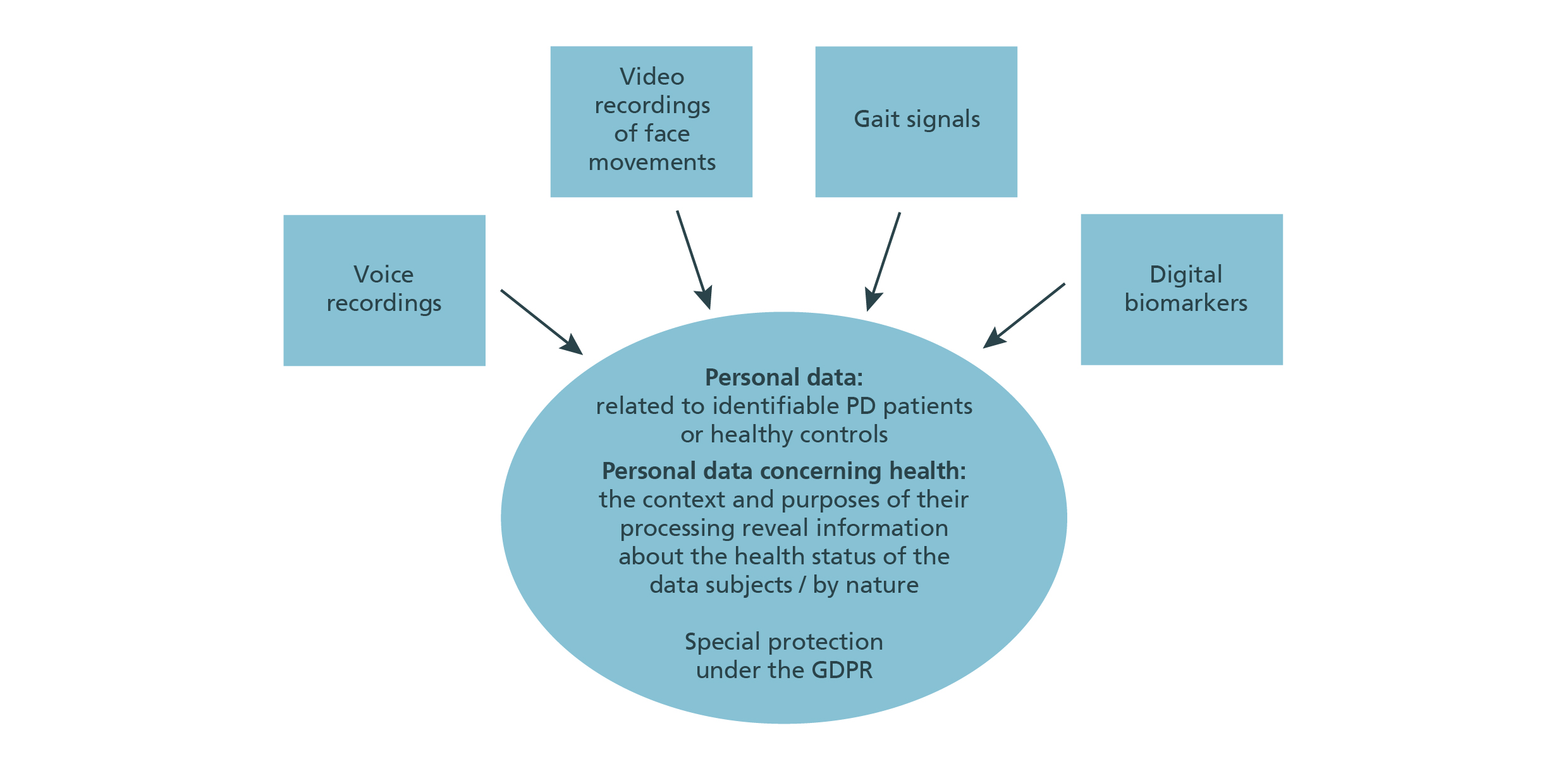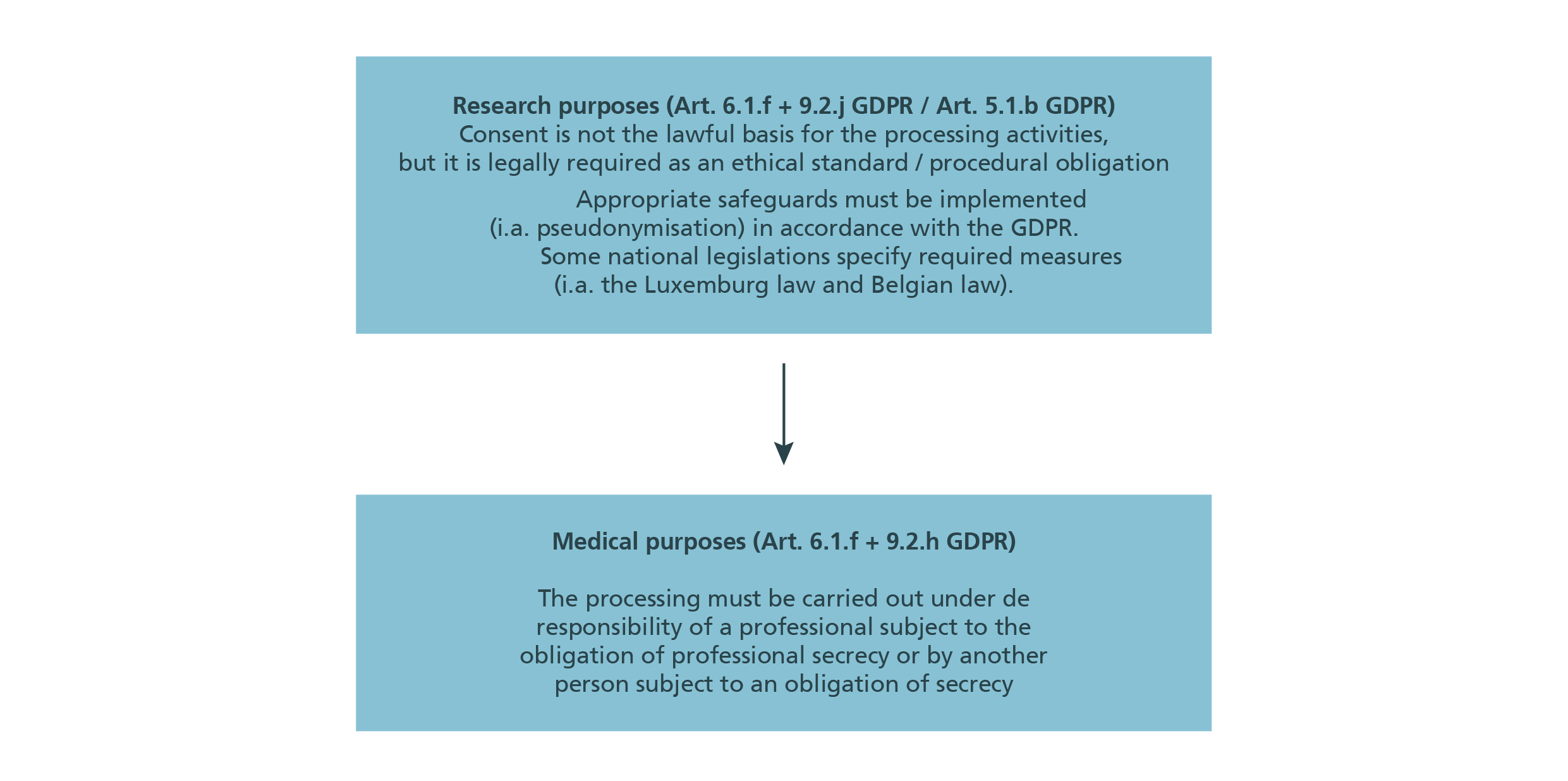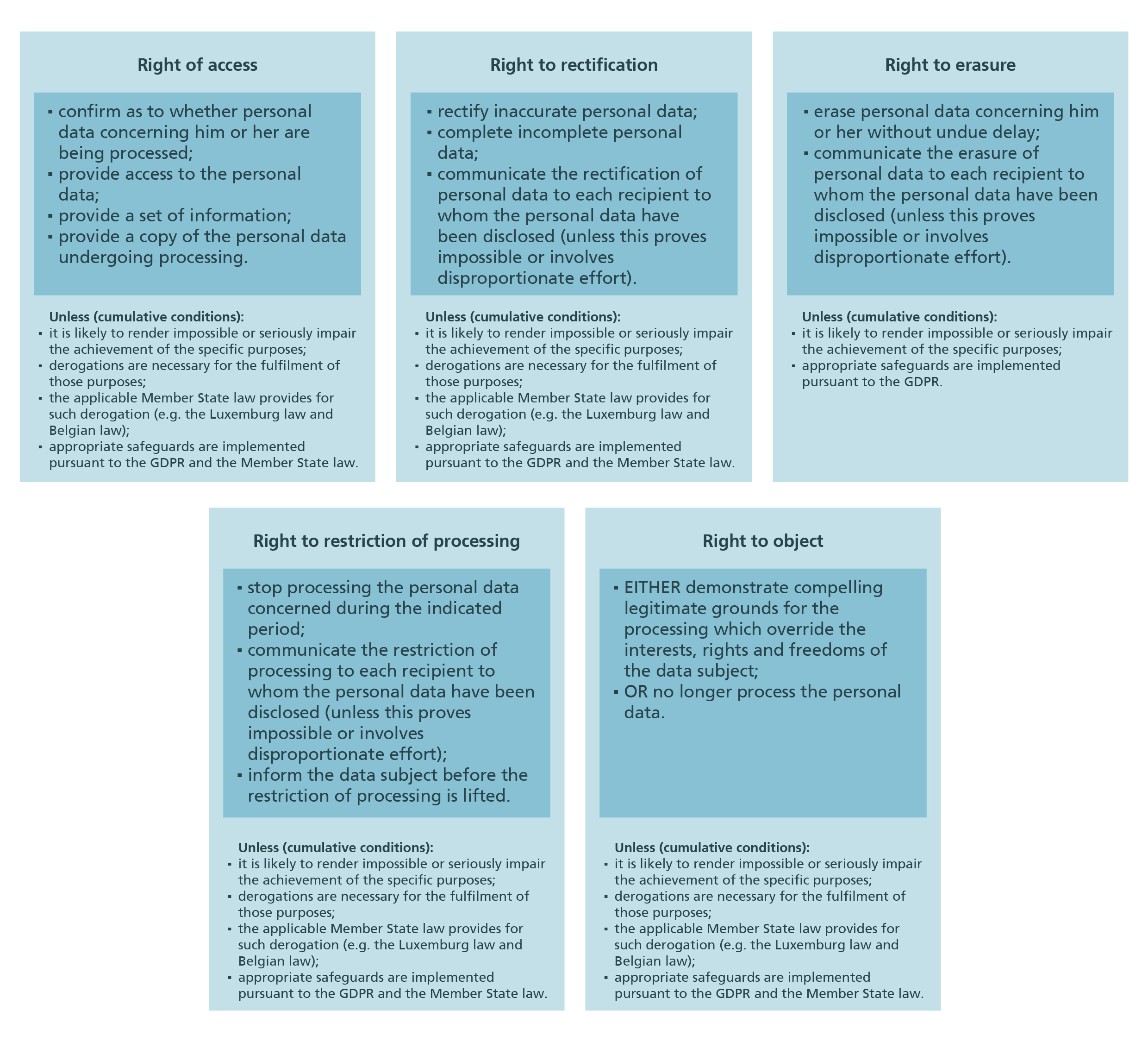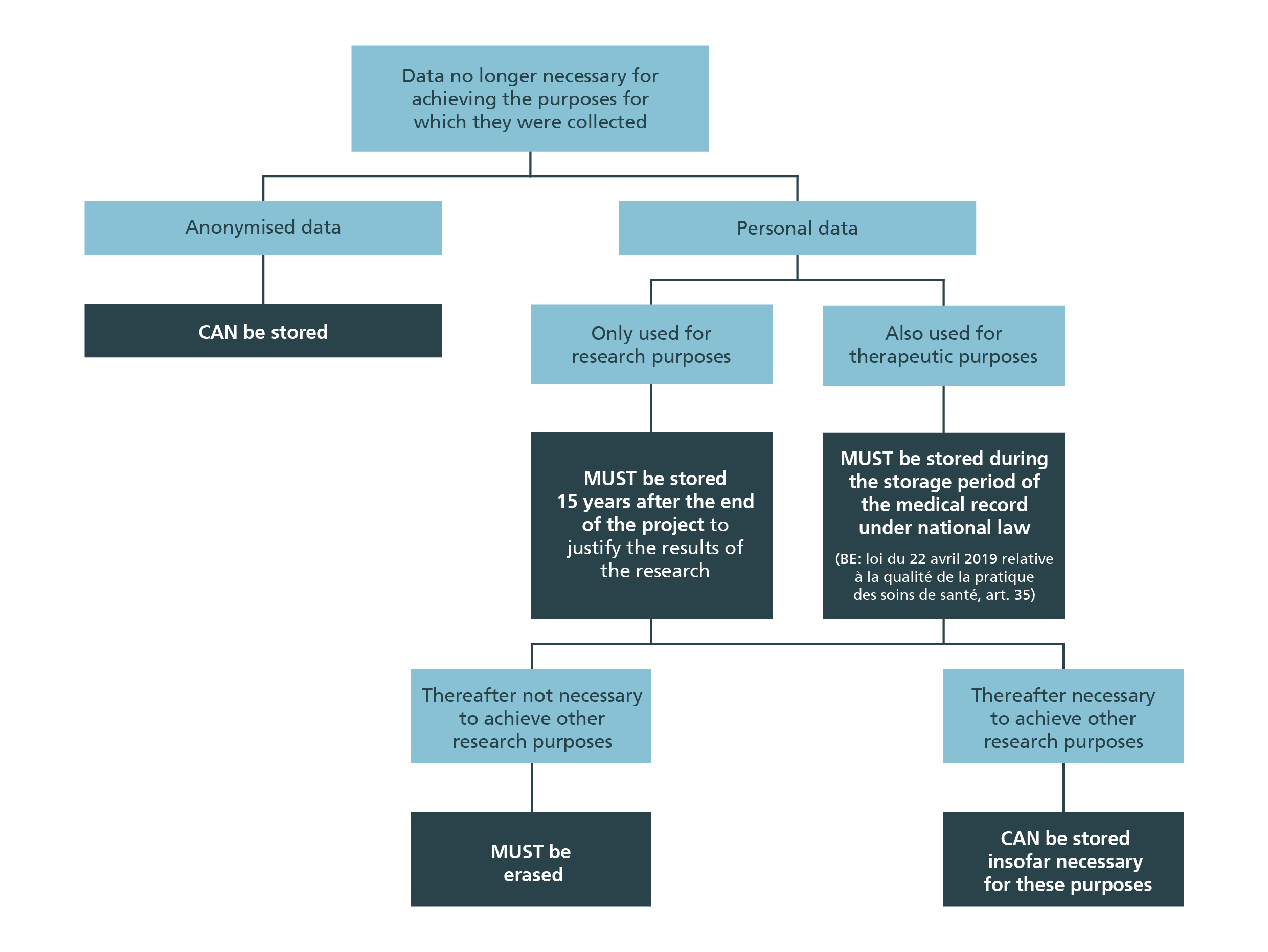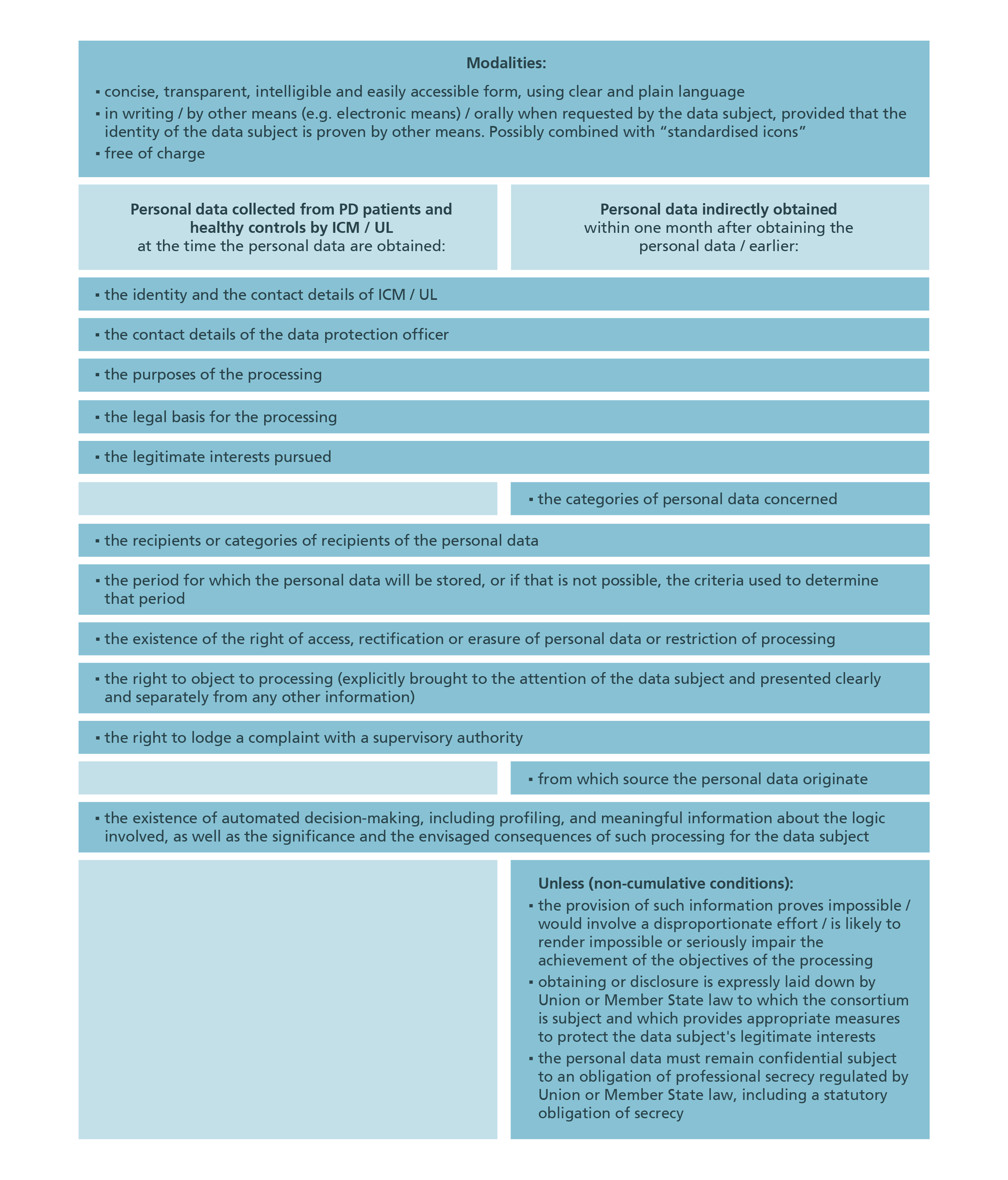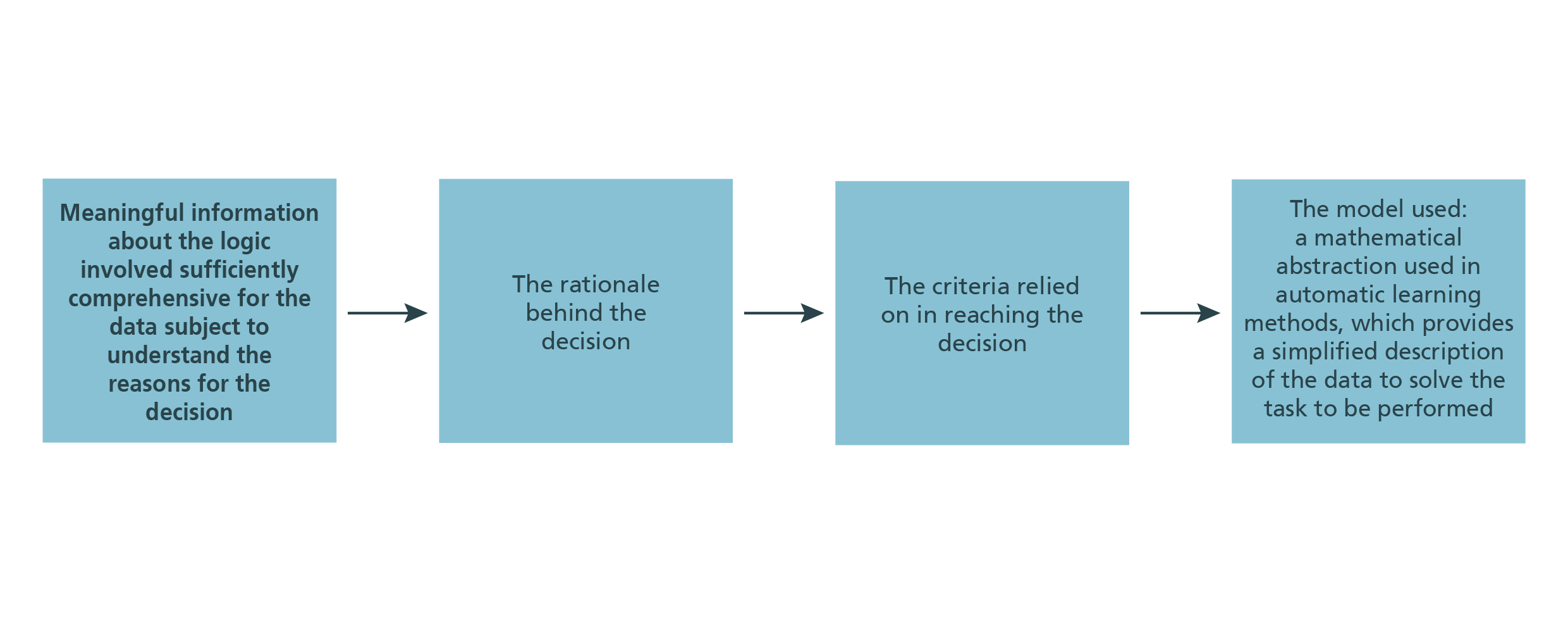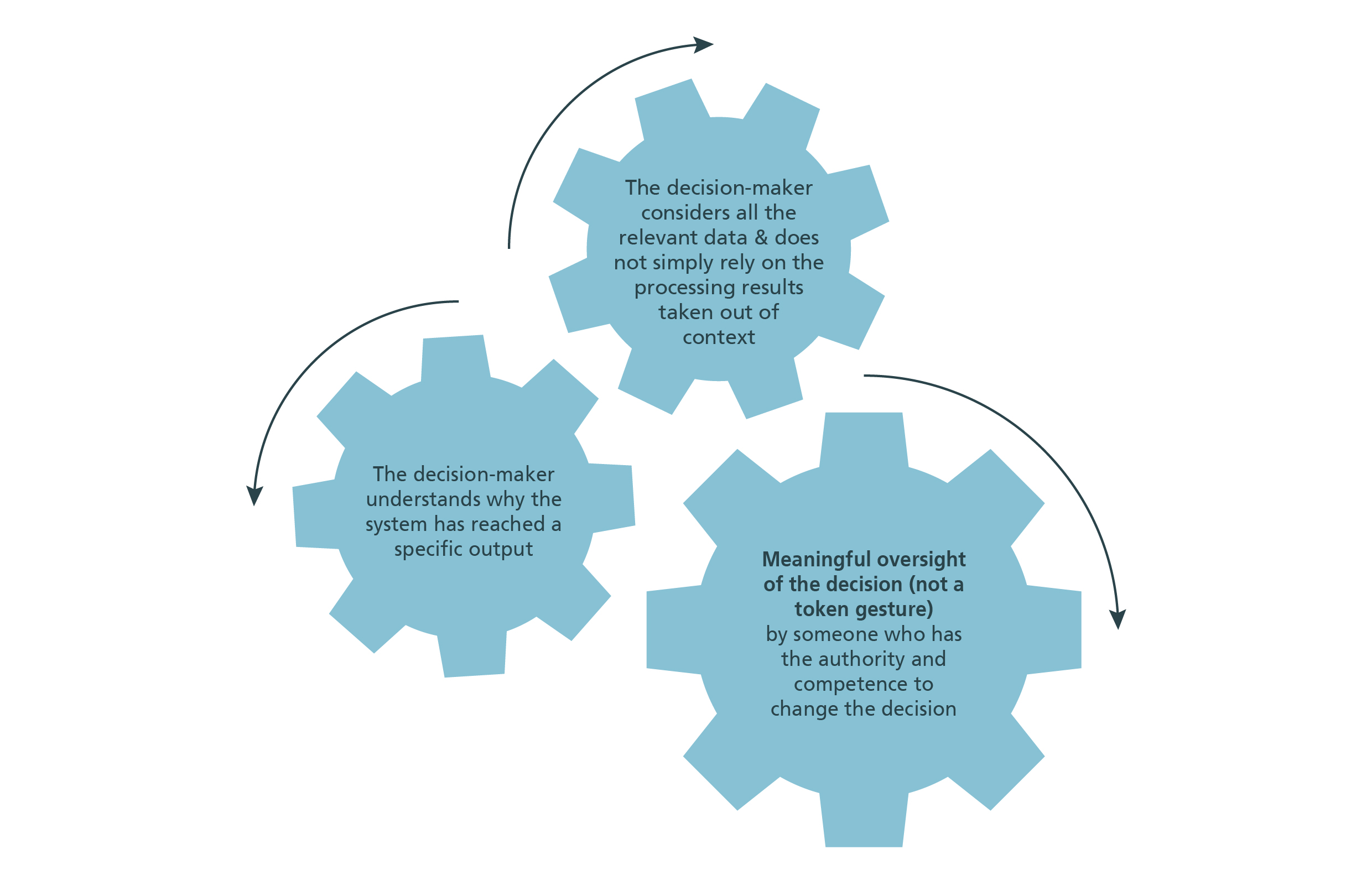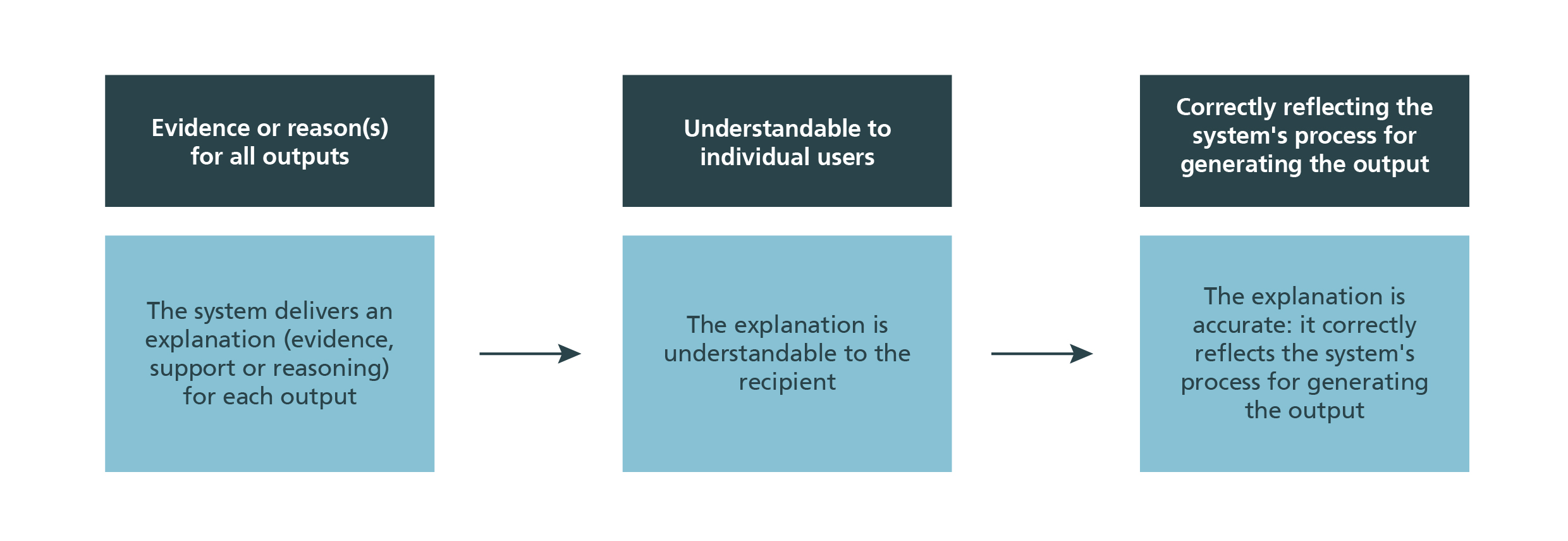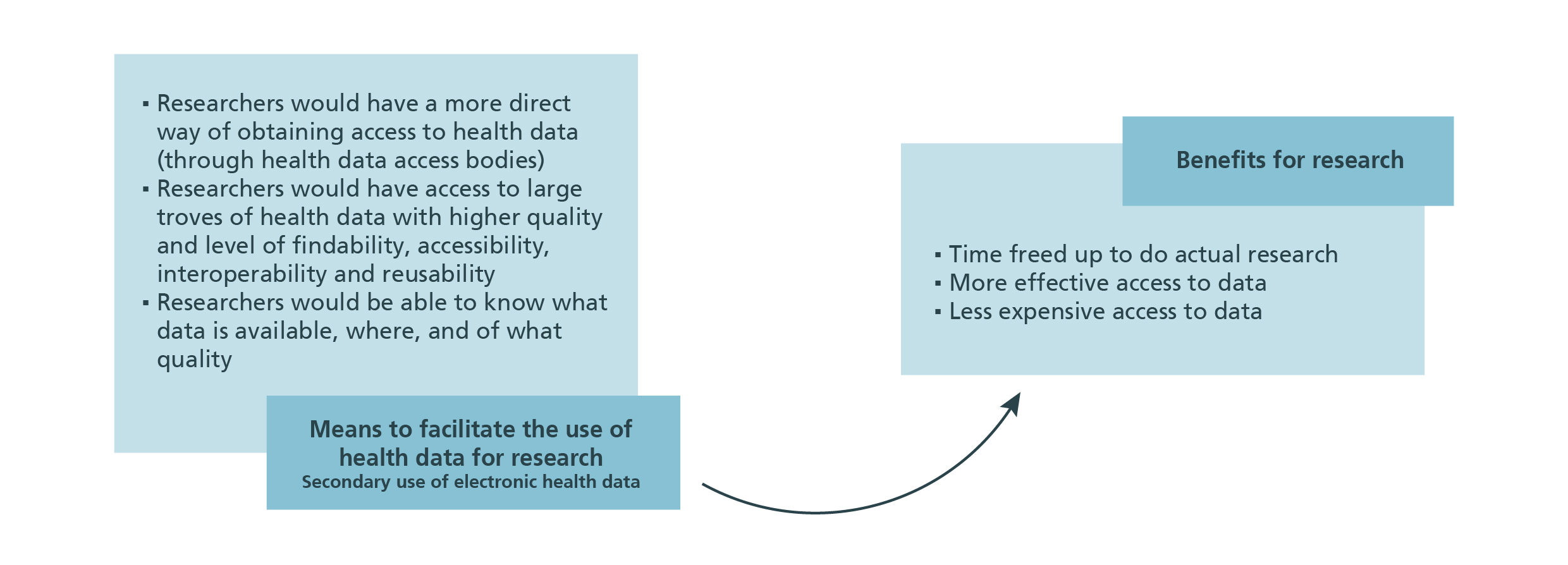FAQ
1. Which digital personal data does the consortium process?
2. Who are controller and processors in the project?
3. Can the consortium instruct Amazon Web Services (AWS) to store personal data on its behalf, taking into account Schrems cases?
4. On which lawful basis are the processing activities carried out in the project? And after the project if digital biomarkers could be used in medical practice?
5. What are the obligations of the consortium when the PD patients exercise their rights?
6. Is there a duty to keep the data collected during the project after the end of this project? Which data must be kept?
7. What information must ICM and UL (on behalf of the consortium) provide to the PD patients and healthy controls (the data subjects)?
8. Which information regarding the automated decision-making must be provided to the data subject?
9. Why must meaningful information about the logic involved in automated decision-making be provided where the latter is not based solely on automated processing?
10. How to ensure human involvement in the decision?
11. Which elements characterize an algorithm as “understandable”?
12. Will the AI Act apply to AI systems developed and used for medical research?
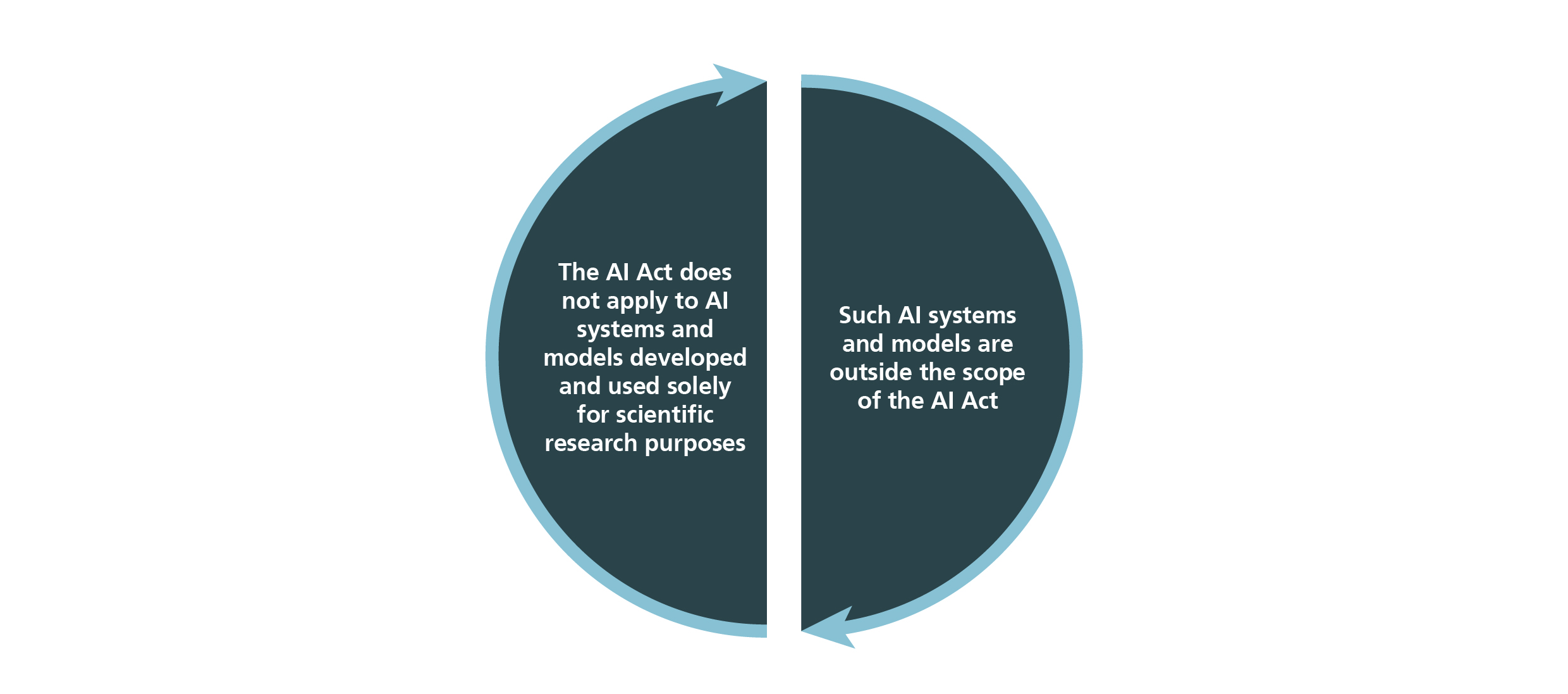
13. Will the AI Act apply to AI systems developed and used for medical practice?
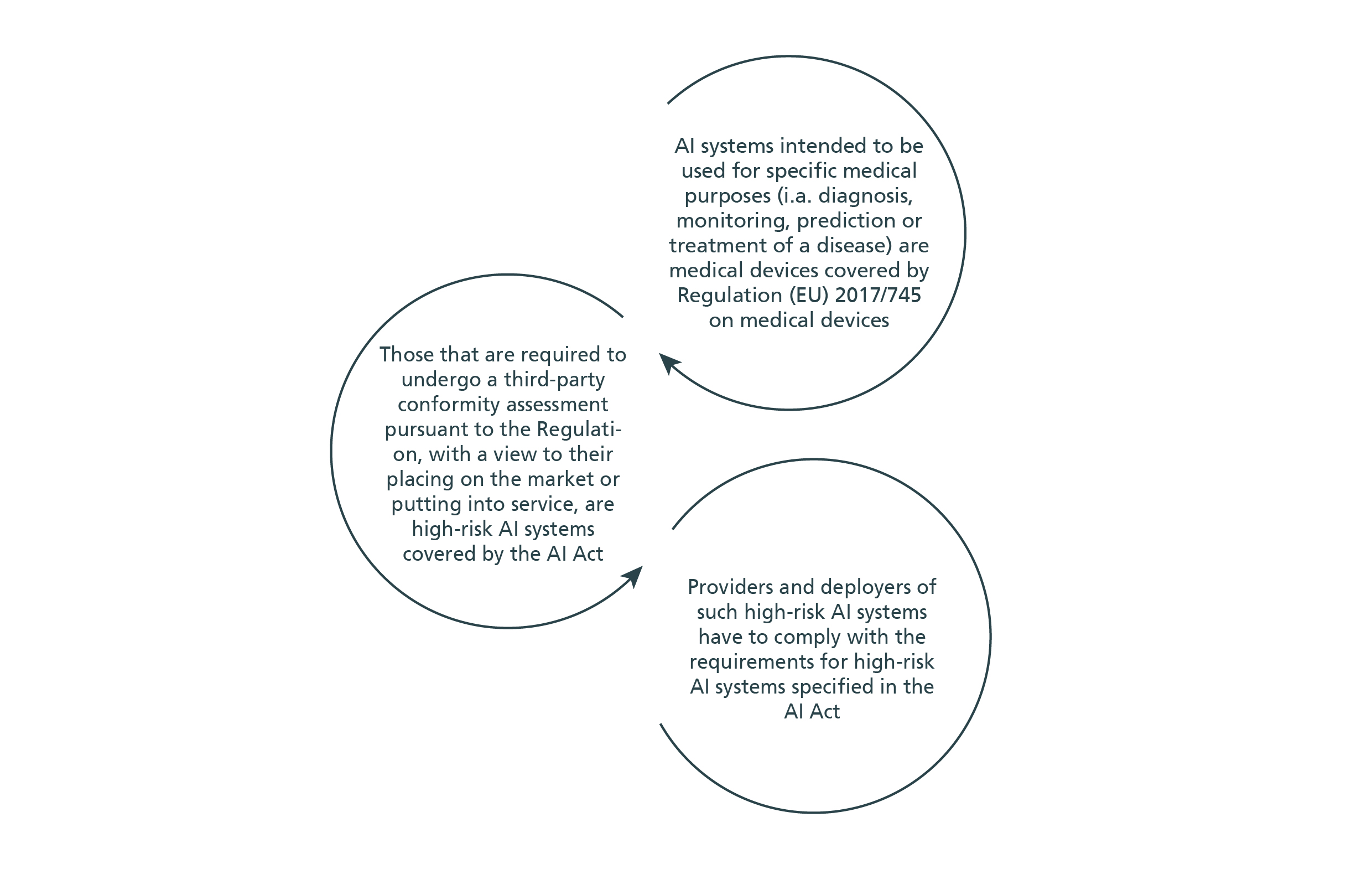
14. Which AI systems developed and used for medical practice are high-risk AI systems pursuant to the AI Act?
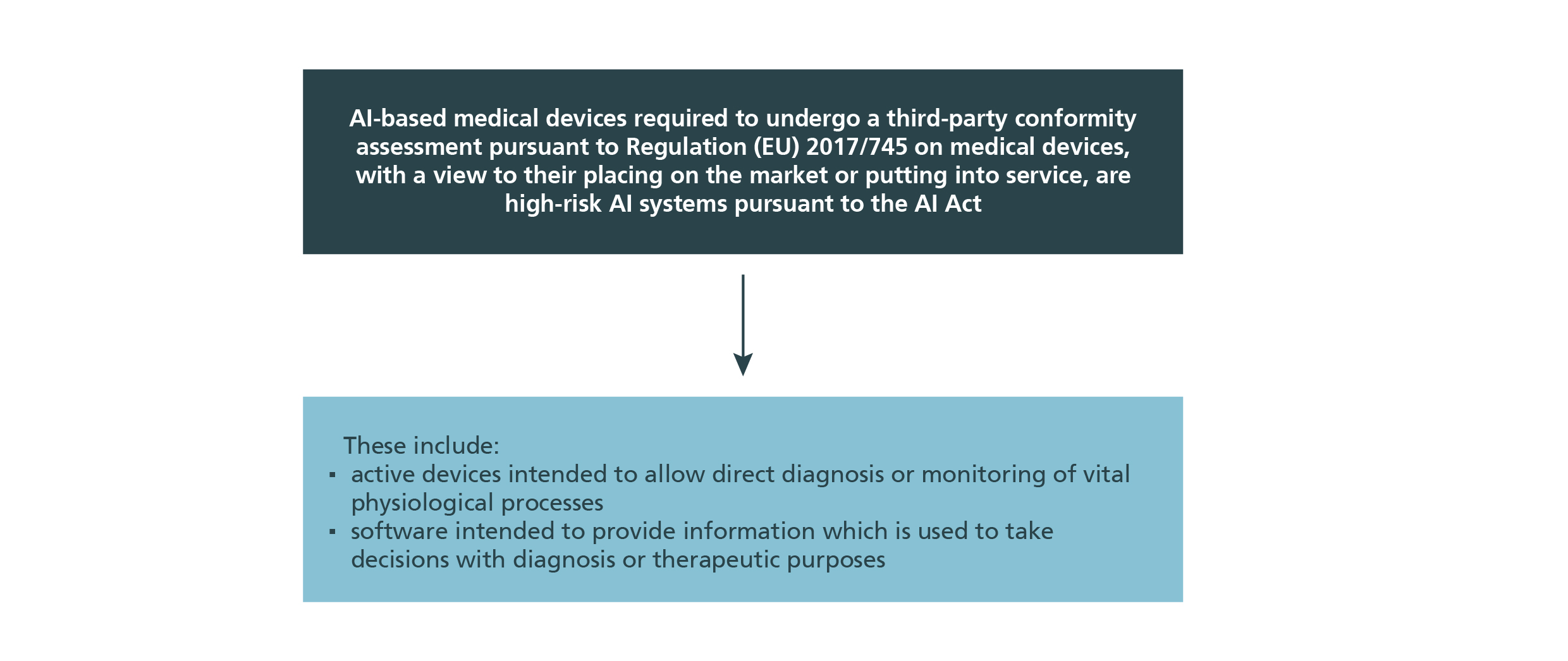
15. To which conformity assessment procedure will be subject the AI systems developed and used for medical practice?
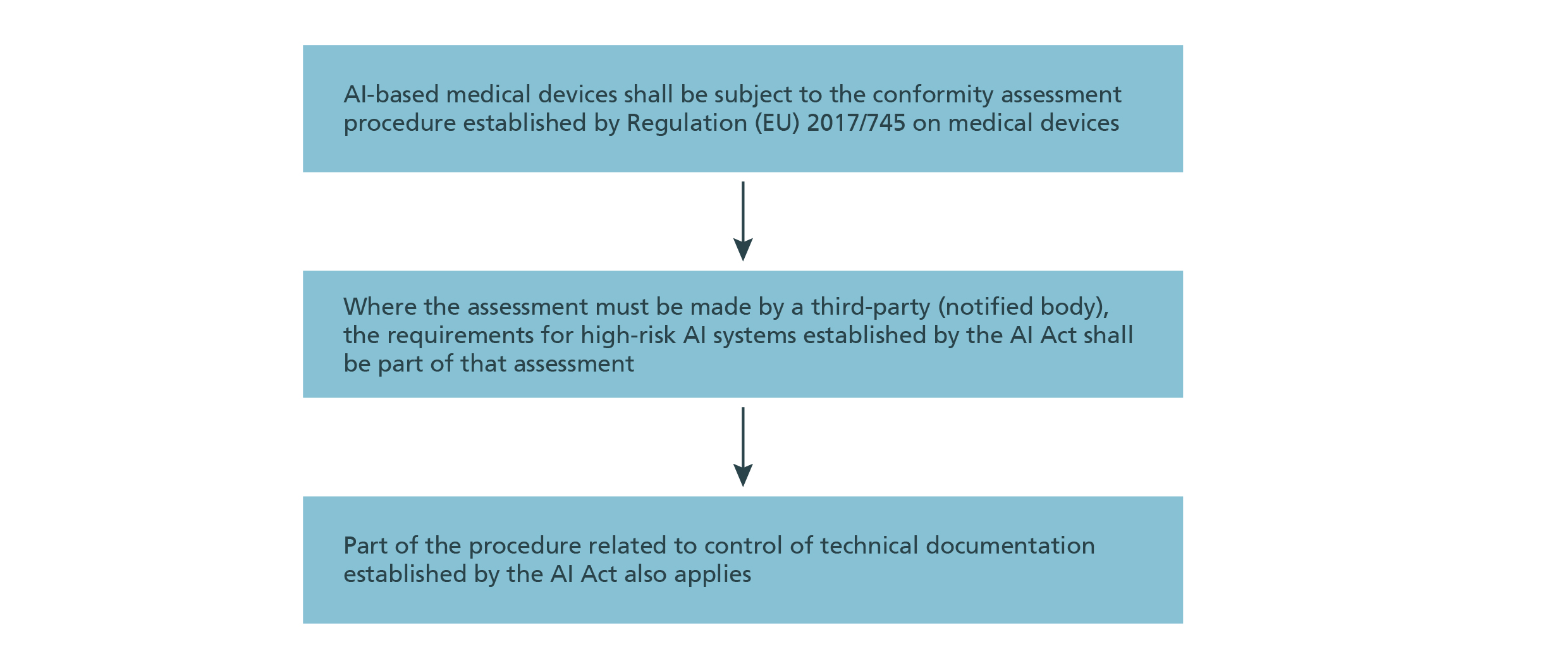
16. How is the EU Commission aiming to facilitate the use of health data for medical research with its proposed Regulation on a European Health Data Space?
17. How is the EU Commission aiming to facilitate the use of health data for healthcare with its proposed Regulation on a European Health Data Space?
Patient information
1. What is a BIOLOGICAL MARKER?
A biological marker, or biomarker for short, is a substance or characteristic that can be measured in your body to provide information about your health. It could be something found in your blood, urine, saliva, or tissue.
Biomarkers can tell us if there are changes happening in your body due to a disease or other conditions. For example, if you have diabetes, your doctor may check your blood sugar level, which is a type of biomarker. The results of these biomarker tests can help your doctor diagnose, monitor, and treat your condition.
2. What is a DIGITAL BIOMARKER?
A digital biomarker is a new type of medical information that can be used to understand your biological state, but its collection is done via digital tools.
It can be defined as “an information – also referred to as ‘parameter’, ‘measure’ or technically speaking as ‘data’ – that is assessed or measured by digital technologies (e.g., sensors, devices, Apps).”
3. What is an ALGORITHM?
An algorithm is a set of instructions that a computer program follows to solve a problem or complete a task.
It is like a recipe for a computer. Just like a recipe tells you step-by-step what to do to make a meal, an algorithm tells a computer what steps to take to solve a problem. For example, when you search for something on the internet, the search engine uses an algorithm to find the best results for your query. It is a way for computers to make decisions and carry out tasks.
4. What is AI stratification?
AI-based stratification is a way for doctors to use artificial intelligence (AI) to group patients with similar health conditions together based on factors such as age, gender, severity of symptoms, and other medical data. This would help the doctor to provide more personalized care for each patient based on their specific needs.
For example, if a patient has mild symptoms, the doctor may recommend physical therapy to improve their balance and coordination. If a patient has more severe symptoms, the doctor may recommend medication to help control their tremors or stiffness. By using AI-based stratification, doctors can better understand the needs of each patient and provide more targeted treatment options.
5. ‘WHAT’ do we do in the DIGIPD Project?
In the DIGIPD project, data relating to Parkinson's disease (PD) patients and healthy persons are collected through digital tools in order to extract digital biomarkers.
The project is focused on developing AI stratification and prediction algorithms as well as statistical analysis to understand how digital biomarkers could help to monitor PD progression.
6. ‘WHY’ do we need to collect data?
The DIGIPD project is trying to find out if data from voice and face movement recordings, and a sensor you wear when you walk, can help doctors to monitor your disease symptoms. By using these tools, doctors could better understand the disease and how to help their patients.
This could help physicians to optimize treatment, and help pharmaceutical companies to develop better drugs.
7. ‘WHEN’ and ‘WHERE’ do we collect data?
We collect digital biomarkers in the following way:
- Speech, voice:
- Yearly hospital video recordings at the ICM (Pitié-Salpêtrière hospital).
- Monthly telephone audio recordings through an interactive telephone server.
- Face Video:
- Yearly hospital video recordings at the ICM (Pitié-Salpêtrière hospital).
- Gait:
- Yearly at hospital visits and partially at home.
- Speech, voice:
8. ‘HOW’ do we collect data?
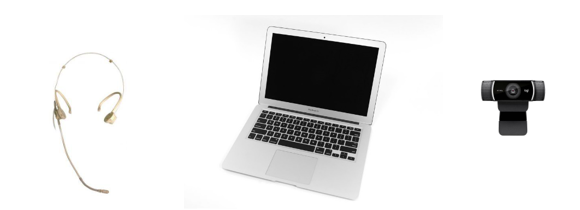 Pictures of the professional microphone, the computer and the webcam used for audio visual recordings at the hospital.
Pictures of the professional microphone, the computer and the webcam used for audio visual recordings at the hospital.Voice and Face Video
1. Face-to-face visits to the hospital- Participants perform 28 vocal tasks (e.g., readings, repetitions, monologue) that have been explained to them beforehand through a user interface on Matlab (a numerical computing and programming software).
- Participants are recorded simultaneously with:
- Professional microphone (Beyerdynamics Opus 55 mk ii headset microphone).
- Only voice is collected
- Computer microphone (MacBook Air).
- Only voice is collected
- Webcam with integrated encoding and compression of the type 195 Logitech C922 Pro Stream Webcam.
- Both face video and voice are collected
- Professional microphone (Beyerdynamics Opus 55 mk ii headset microphone).
- The voice and face video are recorded simultaneously
- Session lasts 15 to 20 minutes.
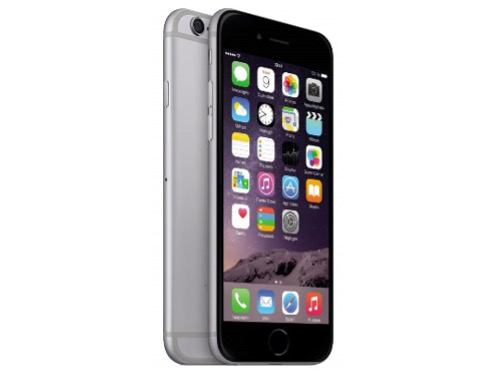 Picture of a phone used for telephone audio recordings
Picture of a phone used for telephone audio recordings2. Telephone audio recordings
- Participants use their landline or mobile phone to perform 20 voice tasks, keeping the same phone for the duration of the protocol.
- Session lasts about 12 minutes.
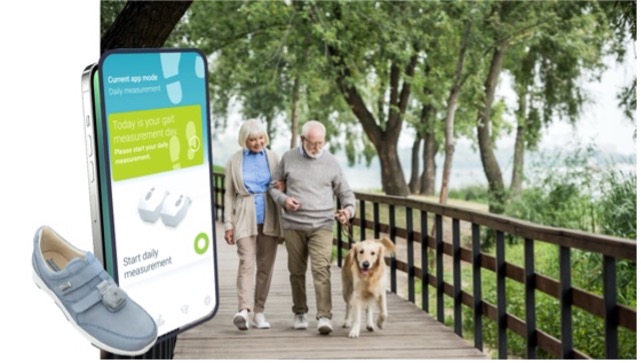 Gait sensor
Gait sensorGait
- Participants use motion sensors attached to a shoe with a clip and an easy-to-use application on a tablet that guides the instructor through a test set.
- Session last about 15 minutes.
9. How do I know that my DATA collected is SAFE?
As the consortium is established in the European Union (Belgium, France, Germany, Luxemburg, Spain), processing activities carried out in the framework of the DIGIPD project fall under the territorial scope of the General Data Protection Regulation (GDPR). Regarding the material scope, the GDPR applies to the processing of your personal data, which include voice and video recordings, gait signals and the extracted digital biomarkers. The GDPR strengthens your rights over your personal data, including by allowing you to easily know which data about you is being used, by whom, why and how.
Do you want to know more? https://www.digipd.eu/en/FAQ.html
10. What do other patients think about this type of studies?
Within the framework of this project, we conducted a study with PD patients from France, Germany and Spain, to find out about the acceptance of use of sensitive personal data by PD patients for AI personalized medicine.
Some of the conclusions reached are that patients:
- Generally, agree to access their own health data, share their health data if privacy/security ensured & to provide feedback on quality of treatments.
- Want to collaborate using digital devices if this would improve the information their health/social care teams had about their health.
- Main requirements for their use of devices:
- Familiar, simple & intuitive devices (i.e. smartphones).
- Easy to use/understand design regardless of user’s familiarity/skills.
- Requires low physical effort.
Do you want to know more?
